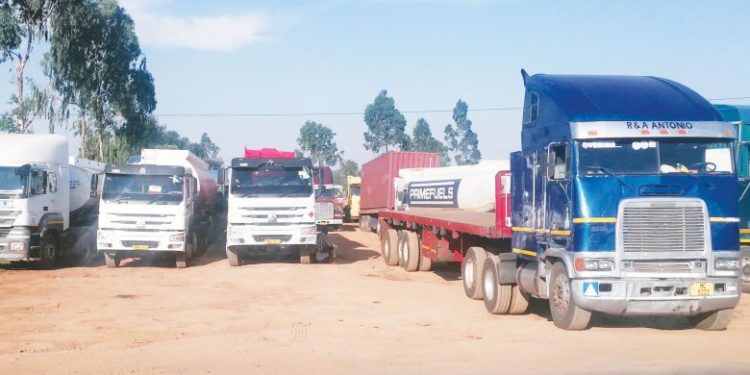Malawi has said it is ready to ratify the African Continental Free Trade Area (AfCFTA), a pact aimed at increasing trade among African countries.
The government has said it has concluded consultations with stakeholders on the matter.
In an interview Tuesday, Minister of Trade, Sosten Gwengwe, said the country is expected to deposit its ratification instruments to the African Union (AU) within a month from now.
“After proof reading the agreement, it will be deposited to the AU, but approval protocols are done. We should deposit the instruments within a space of one month,” Gwengwe said.
The AU says that the African Continental Free Trade Area – called AfCFTA – will create the world’s largest free trade area.
It also estimates that implementing AfCFTA will lead to around a 60% boost in intra-African trade by 2022.
In its recent report, World Bank estimates that implementing the agreement would contribute to lifting an additional 30 million people from extreme poverty and 68 million people from moderate poverty.
It further says that real income gains from full implementation of the agreement could increase by 7 percent, or nearly $450 billion.
“The AfCFTA would significantly boost African trade, particularly intraregional trade in manufacturing.
“By 2035, the volume of total exports would increase by almost 29 percent relative to business as usual. Intra-continental exports would increase by more than 81 percent, while exports to non-African countries would rise by 19 percent,” reads the report in part.
In an earlier interview, South African-based international trade expert who is also Executive Director of the Trade Law Center (Tralac), Trudi Hertzenberg, said there is need to increase awareness among Small and Medium Enterprises (SME) on stipulates of the AfCFTA articles, opportunities therein and possible challenges along the way.
The AfCFTAwill bring together all 55 member states of the AU covering a market of more than 1.2 billion people, including a growing middle class, and a combined gross domestic product of more than $3.4 trillion.









